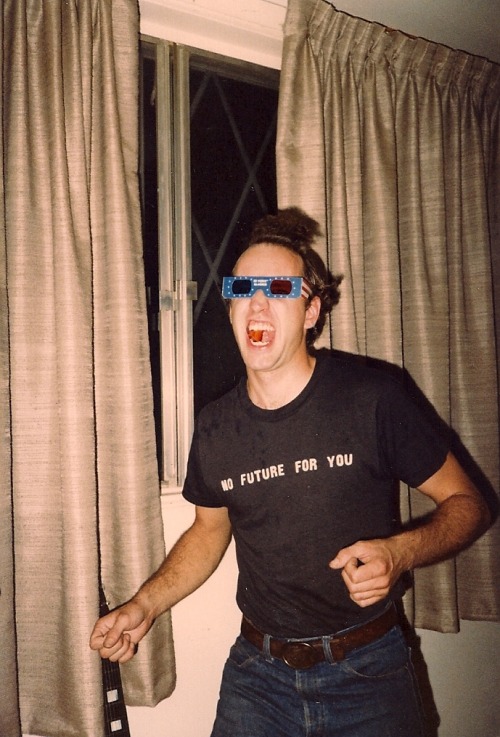Gopnik argues that this happens because the creators and gatekeepers of pop culture are largely in their forties. "Forty years past is the potently fascinating time just as we arrived, when our parents were youthful and in love, the Edenic period preceding the fallen state recorded in our actual memories."
And so, if we can hang on, it will be in the twenty-fifties that the manners and meanings of the Obama era will be truly revealed: only then will we know our own essence. A small, attentive child, in a stroller on some Brooklyn playground or Minneapolis street, is already recording the stray images and sounds of this era: Michelle’s upper arms, the baritone crooning sound of NPR, people sipping lattes (which a later decade will know as poison) at 10 A.M.—manners as strange and beautiful as smoking in restaurants and drinking Scotch at 3 P.M. seem to us. A series or a movie must already be simmering in her head, with its characters showing off their iPads and staring at their flat screens: absurdly antiquated and dated, they will seem, but so touching in their aspiration to the absolutely modern. Forty years from now, we’ll know, at last, how we looked and sounded and made love, and who we really were. It will be those stroller children’s return on our investment, and, also, of course, a revenge taken on their time.Gopnik is onto something. There is already a movement to post online the youthful images of one's parents – and even grandparents or other ancestors – and to appreciate their clothes, their hairstyles, and their attitudes as cool and chic by today's standards.
Perhaps this identification with one's parents (before they were parents) is an attempt to find a personal connection to the past that doesn't rely on one's own memories. It's literally intergenerational nostalgia.
When I see my friends posting pictures of themselves with their young children on Facebook, I imagine myself as those kids all grown up, looking back nostalgically at how happy and beautiful their parents were, unaware of how these dudes, my friends, are just getting through their day-to-day lives. It makes me melancholy.

This image (from Dads Are The Original Hipsters) is undated, but the slogan on the T-shirt sounds like a riff on the Soup Nazi from Seinfeld – wittily contemporary, yet ominously true. Do we have no future when we constantly look to the past?
2 comments:
I took his t-shirt to be referencing the Sex Pistols' 'God Save the Queen', which would place this photo from 1977 onwards.
Yes, other people have pointed this out to me, too. On one hand I feel silly for not knowing this, but then the fact I didn't know it is interesting in another way as it shows how pop-cultural references are generational unless you consciously choose to study the past.
The Sex Pistols were a thing before I was born, and I have never been interested in punk so I never learned this reference.
Post a Comment